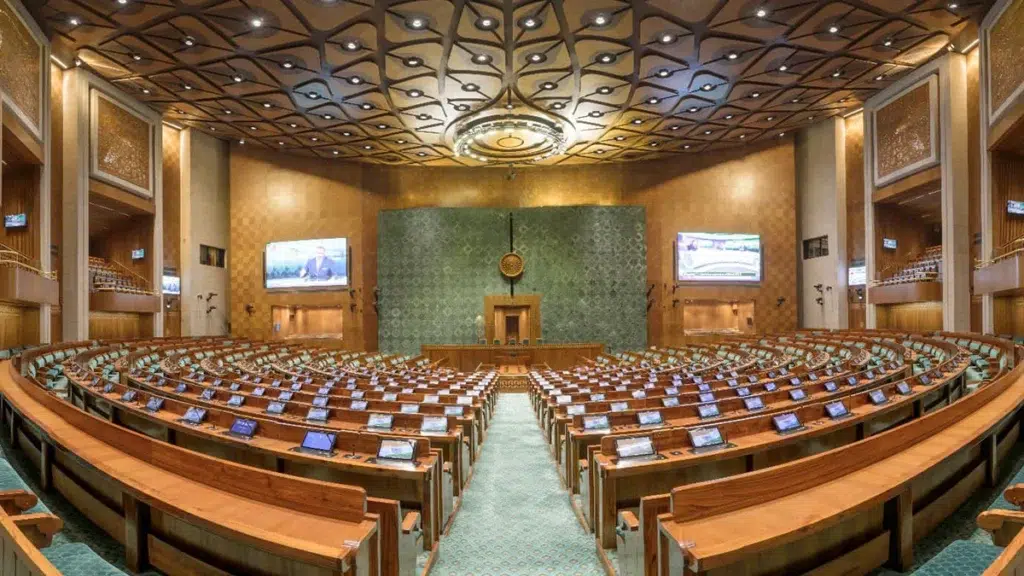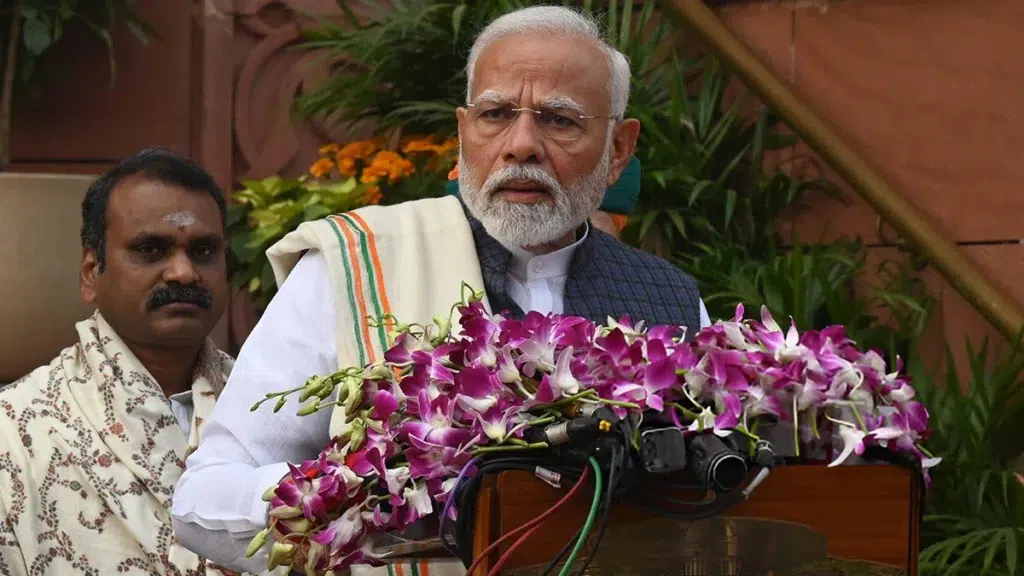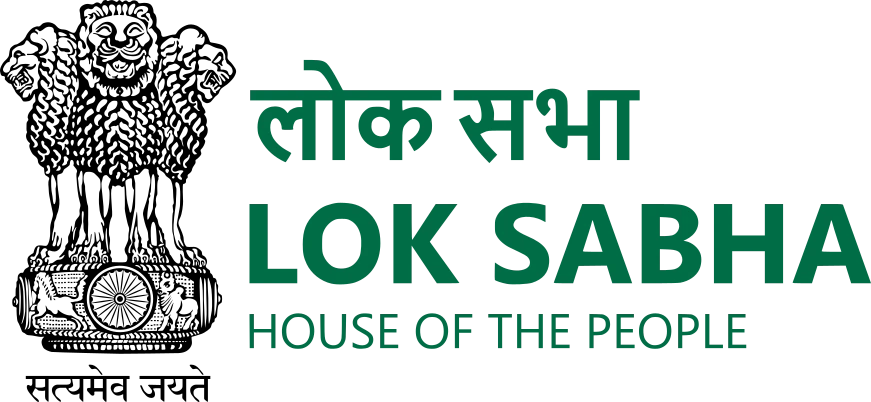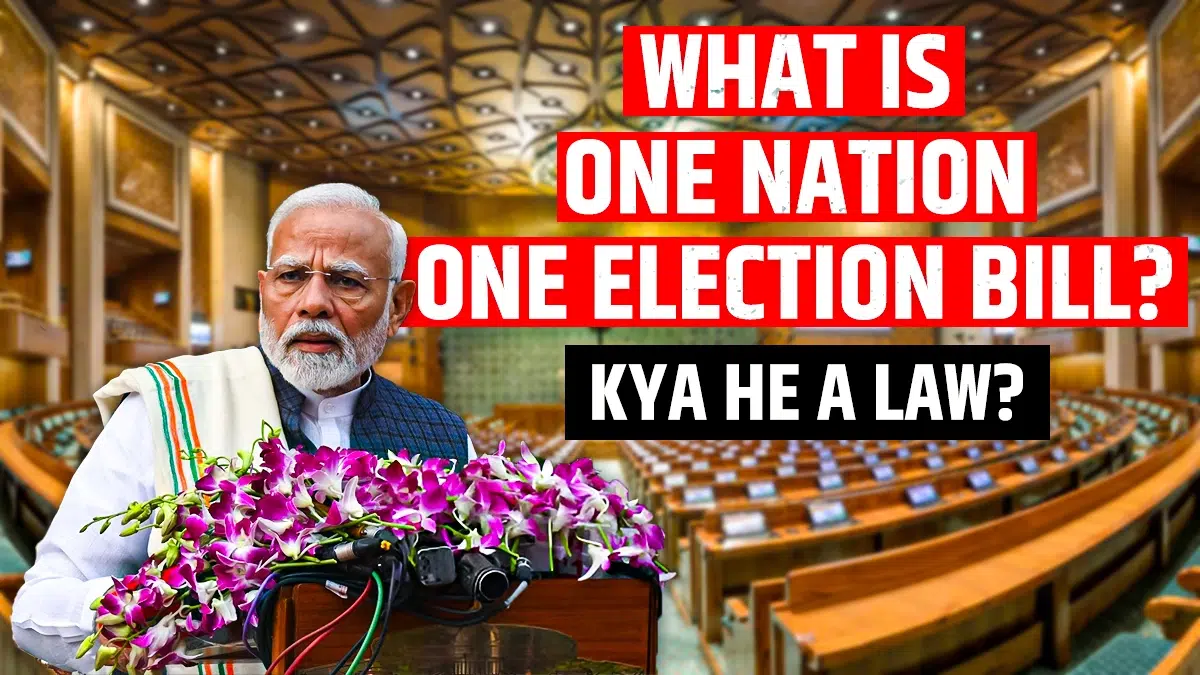This blog explores the What Is One Nation One Election Bill, its objectives, benefits, challenges, and the role of key players like the Joint Parliamentary Committee (JPC) and the Lok Sabha, along with live updates on its current status.
Thank you for reading this post, don't forget to subscribe!In the evolving landscape of Indian democracy, the concept of One Nation One Election Bill has sparked widespread discussions. This initiative proposes synchronizing elections for the Lok Sabha, state assemblies, and even local bodies to reduce expenses, ensure uninterrupted governance, and simplify the electoral process. But what does this bill entail, and how will it impact India’s political structure?
What is One Nation One Election Bill
The One Nation One Election Bill aims to conduct elections for the House of the People, state assemblies, and panchayats simultaneously across India. This synchronized process seeks to address several issues stemming from frequent elections, such as increased costs, voter fatigue, and disruptions to governance.
Historically, India followed this unified election system until 1967. However, due to political instability and the dissolution of certain state assemblies, staggered elections became the norm.

Objectives of the One Nation One Election Bill
- Streamlining Governance:
With synchronized elections, governments can focus on policymaking and development rather than being distracted by continuous election cycles. - Cost Efficiency:
Frequent elections lead to high expenditure on resources like polling booths, security, and administrative machinery. Simultaneous elections aim to minimize these costs. - Increased Voter Participation:
By holding elections once in five years, the bill hopes to combat voter fatigue and improve turnout. - Reducing Governance Disruptions:
Frequent implementation of the Model Code of Conduct during elections often halts developmental projects. Unified elections eliminate such interruptions.
Also Read : National Consumer Rights Day 2024: Empowering Consumers for a Better Tomorrow
Role of the Lok Sabha and JPC in the Bill
The House of the People, being the House of the People, plays a pivotal role in debating and passing the One Nation One Election Bill. Additionally, the government has appointed a Joint Parliamentary Committee (JPC) to evaluate the feasibility of implementing this reform.
The Lok Sabha Live sessions on this topic often witness extensive debates among members, highlighting its significance and the challenges it poses.
Benefits of the One Nation One Election Bill
- Administrative Efficiency:
Synchronizing elections simplifies the allocation of resources like security forces and electronic voting machines (EVMs). - Economic Savings:
A unified election cycle could save billions in public funds. - Focus on Governance:
Governments at both the central and state levels can focus on implementing long-term development projects without the distraction of election campaigns. - Unified Political Vision:
National and state-level issues are addressed together, fostering holistic decision-making.

Challenges to Implementation
While the One Nation One Election Bill appears promising, it comes with its share of challenges:
- Constitutional Amendments:
To synchronize elections, amendments to the Constitution, including Articles 83, 85, 172, and 356, will be required. - Political Consensus:
Parties with varying agendas and regional priorities may find it difficult to agree on a common election cycle. - Impact on Federalism:
Critics argue that this reform may dilute India’s federal structure by aligning state and national issues. - Logistical Feasibility:
Conducting elections on such a massive scale requires meticulous planning and coordination across states.
Global Examples
Countries like South Africa and Indonesia have successfully implemented synchronized elections. However, India’s vast and diverse population presents unique challenges that need to be addressed.

Current Status of the One Nation One Election Bill
The JPC is actively reviewing the bill, consulting stakeholders, and drafting recommendations. Debates in the Lok Sabha Live sessions indicate strong opinions on both sides, reflecting the complexity of this reform. The government’s efforts to build consensus will play a crucial role in determining its future.
FAQs
What is the One Nation One Election Bill?
The ONOE Bill proposes holding simultaneous elections for the House of the People, state assemblies, and local bodies across India. This reform aims to reduce election-related expenses, enhance governance, and ensure that elections do not disrupt the country’s development cycle. The bill envisions a synchronized election process to save time and resources.
How will the One Nation One Election Bill affect the Lok Sabha elections?
If implemented, the ONOE Bill will align the House of the People elections with state assembly elections and local elections. This would mean that the elections for all these bodies would be held at the same time, thus saving resources and ensuring that government machinery is not disrupted due to frequent elections. The House of the People elections would be held every five years along with the state assembly elections.
What role does the JPC (Joint Parliamentary Committee) play in the One Nation One Election Bill?
The Joint Parliamentary Committee (JPC) has been tasked with studying the feasibility of the ONOE Bill. The JPC will review the constitutional amendments required, consult experts, and analyze the potential challenges and benefits of implementing simultaneous elections. The committee will present its findings and recommendations to Parliament for further discussions and decisions.
How will simultaneous elections benefit the country?
Simultaneous elections under the ONOE Bill are expected to reduce the financial burden of holding multiple elections in different states. It will also streamline governance by eliminating the constant cycle of elections, allowing governments to focus on policy-making and development. Moreover, voters will experience fewer disruptions and be more likely to participate in elections, leading to increased voter turnout.
What are the challenges in implementing the One Nation One Election Bill?
Implementing the ONOE Bill presents several challenges. These include the need for constitutional amendments, as certain provisions related to the tenure of state assemblies and the dissolution of legislative bodies will need to be adjusted. There is also the challenge of political consensus, as different parties may have varying priorities regarding the timing of elections. Additionally, logistical challenges related to conducting elections on such a large scale must be addressed.
One Nation One Election Bill Passed or Not?
As of now, the “One Nation, One Election” bill in India has not been passed. While there has been ongoing discussion and debate regarding the feasibility and implications of implementing simultaneous elections for the Lok Sabha and State Assemblies, the bill has not yet been passed by Parliament.
Conclusion
The One Nation One Election Bill is a bold initiative that promises to redefine India’s electoral landscape. While its benefits, such as cost savings and streamlined governance, are evident, the challenges it poses require careful consideration. As the Lok Sabha and the JPC continue to deliberate, India watches closely to see if this historic reform will become a reality.
Check out the latest updates on Lok Sabha live debates here.
